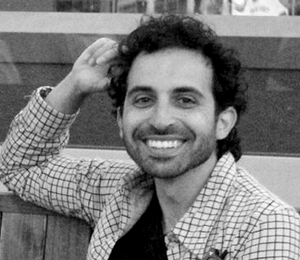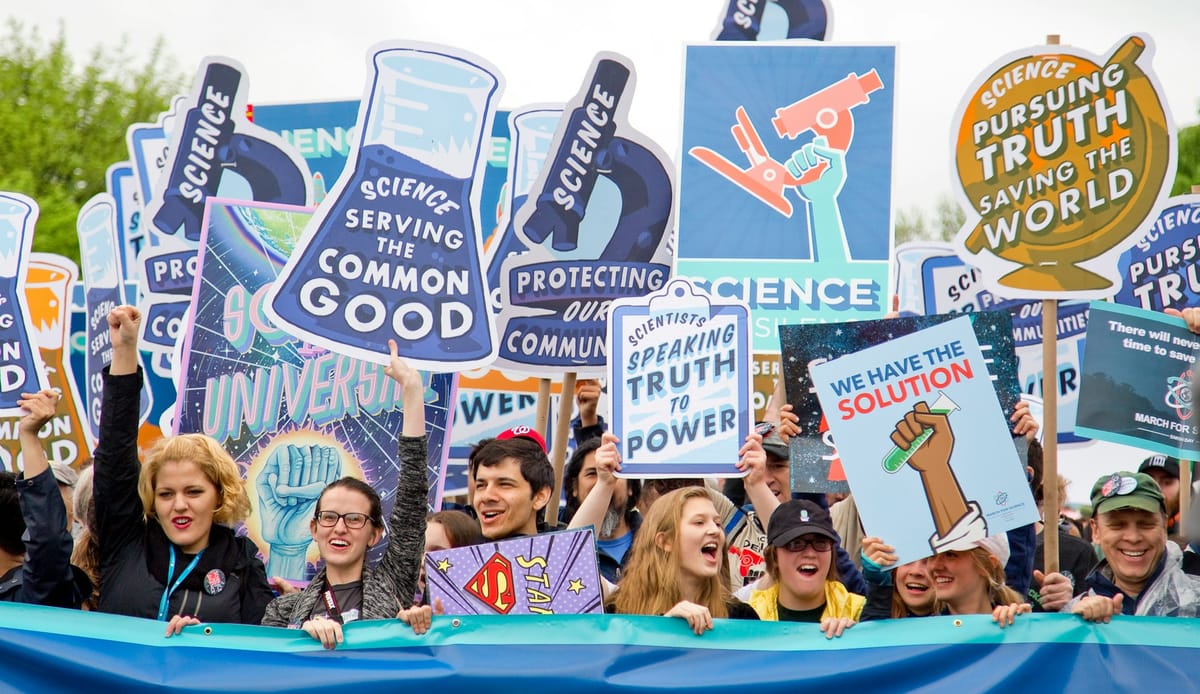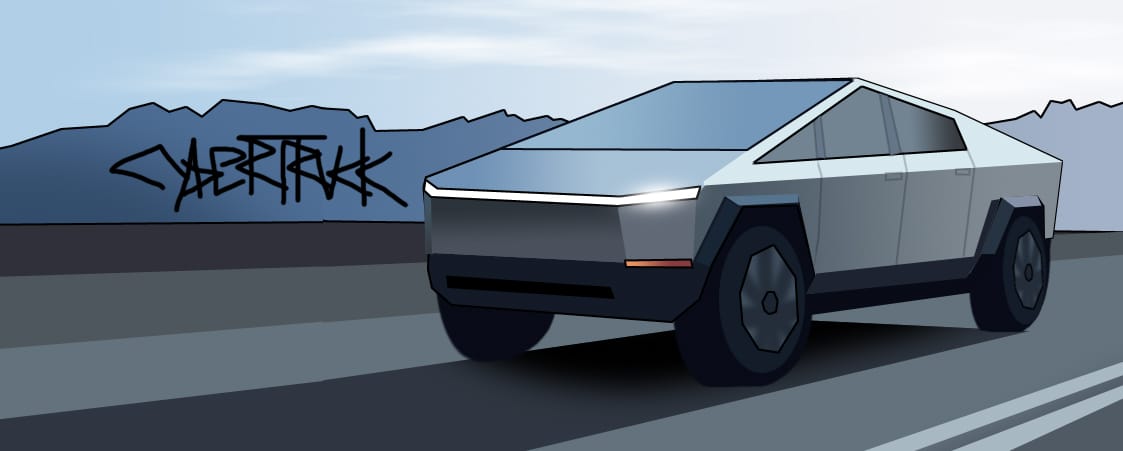The following mini-essay first appeared in Sequencer's weekly newsletter. For more writing like this, earlier access, and to support our work — share your email with us at the free signup link below.
I wanna tell you about Jaansi Patel, a 16-year-old soon-to-be high school senior.
Jaansi is a busy kid. She has conducted in neuroimaging research at MIT, and recently won a gold medal at the 2024 International Research Olympiad
For the past four years, Jaansi has produced LearnOn Podcast, a show for kids about scientific innovation and mental health with thousands of listeners in almost 100 countries. She was kind enough to invite me on to talk about my professional journey in a conversation now out.
Afterward, we chatted about how social media has exacerbated information in schools like her own. She had this to say:
"Social media is great in the sense that you're able to access a lot more platforms for education and discover a lot more people. There's some really amazing influencers who are doctors that share their day-in-the-life and what their medical practice looks like, and people who break down the latest science news. A lot of our listeners have discovered us through social media. But at the same time, I think it's become a really hazy space where there's a lot of wellness influencers and people who claim to have credentials that they don't, or over-inflate the amount of knowledge that they have in order to gain a following."
From when she first got an Instagram account at age 13, Jaansi wanted to use her podcast and platform to address this problem.
"If you aren't well-informed about science to begin with, it can turn into a really dangerous spiral of not knowing who to trust. So I think, from an early age, teaching kids to employ the scientific method in their own everyday life — not being afraid to question things or do a double-take when they hear something that sounds a little too good to be true."
I agree with Jaansi's perspective on this. But I'm going to say something that she might disagree with:
We shouldn't revere science and scientists the way we often do.
I say "we" as someone trained as a scientist. I also say "we" as a journalist who can only do his job by understanding how science works and how scientists operate. I say "we" as a curious consumer alongside you.
As a member of these three communities, I think a lot about the problems that cast shadows over modern science. There are many. But in the interest of keeping this newsletter brief, I'd like to focus on just one here: prestige.
A prestigious university attracts more money and more opportunities to publish in prestigious journals. That money and those opportunities help turn hard-working students into prestigious names of their own. That's not a given — researchers still have to actually do the research. But a lab's resources and attention make that work easier. (With robotics in biology, sometimes exponentially so.)
None of this should be surprising. The problem is that prestige is a monopolizing force.
As research grants feed the "publish or perish" engine driving modern science, a researcher's priorities can too easily become more papers, more students, better papers, a better name. Those priorities can elevate a person's profile for accomplishing wonderful work. (Not inherently bad!!) However, they generally only do so by propping up a world run by "high-impact" academic journals and scientists who are no less flawed than you or me.
It's natural to trust the names of scientists, journals, universities, and labs that we recognize more. It's also natural to underestimate that bias. The credibility we lend to science and scientists should not obviate the need for criticism. Prestige-forward science gets us into trouble because too few people understand what science really is.
The myth of the single Great Scientist is just that. Modern science is inherently a teaching process conducted by poorly paid 20-and-30-somethings under the (often minimal) guidance of (often overworked) supervisors. The goal is to learn individually, not just societally, hence the utter shame it is when academic departments prioritize publications over mentorship.
This makes science an incremental, collaborative sequence of trial-and-error. If you're reading Sequencer, you probably already know that, but let's not forget how reflexively people turn to doubt and conspiracy when they see science happening in real-time (e.g. Covid). It's easier to overturn someone's thinking that camel milk treats autism, than it is to preserve trust in public health guidance that evolves with a new disease, as we saw with Covid, for example: sanitize your cereal boxes; close the parks; open the parks; it's not airborne; yes it is, and so on. Good science is supposed to be mildly messy and hotly debated.
That brings me back to prestige and Jaansi's great insight. When we accept that a person's name or title grants them a blank check for credibility, we become more vulnerable to disinformation. Making a name can be easier than earning one.
When we don't communicate what science really is, warts and all, we preserve the admittedly valuable fantasy of science as an Infallible Source of Objective Truth at the expense of something even more valuable: a resilient scientific literacy.



